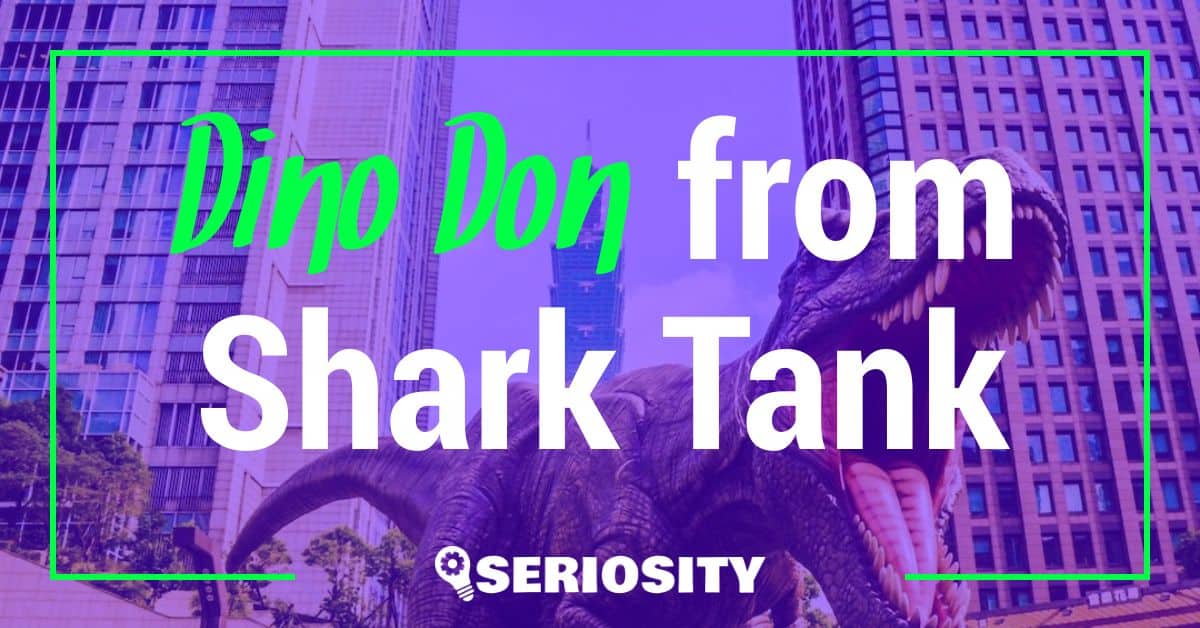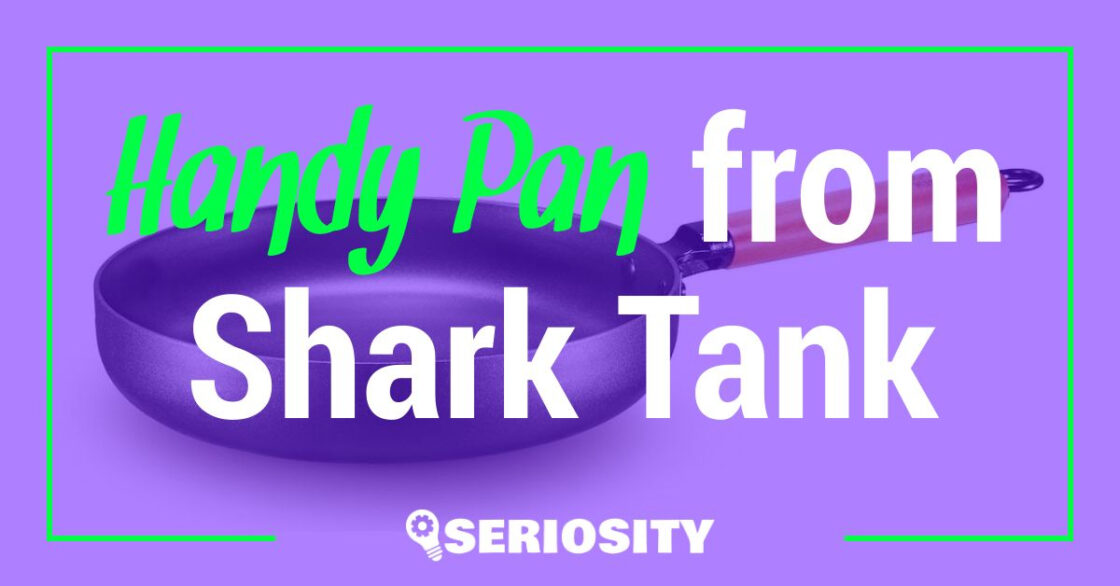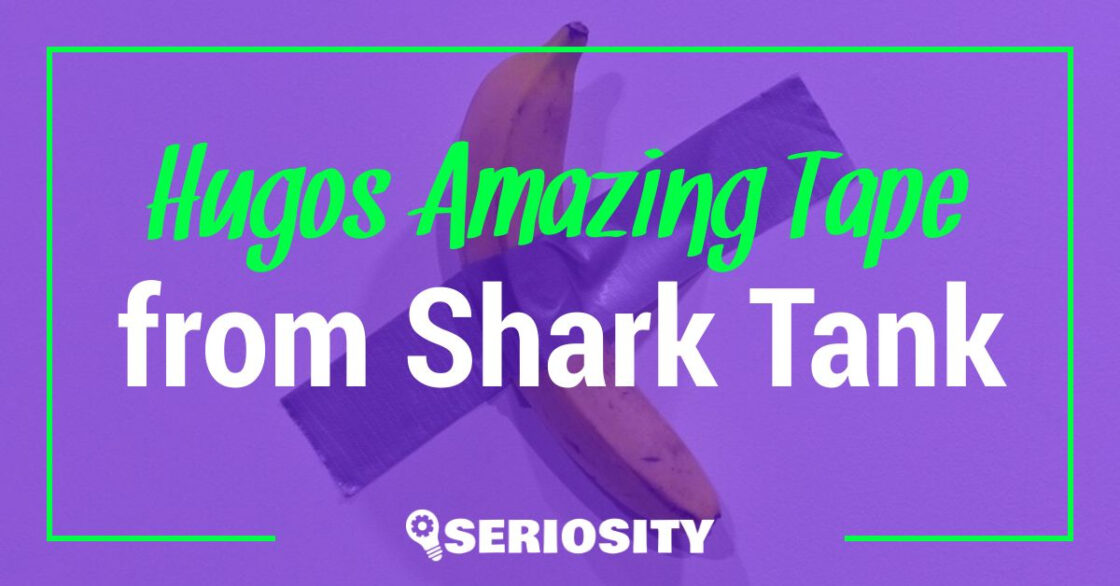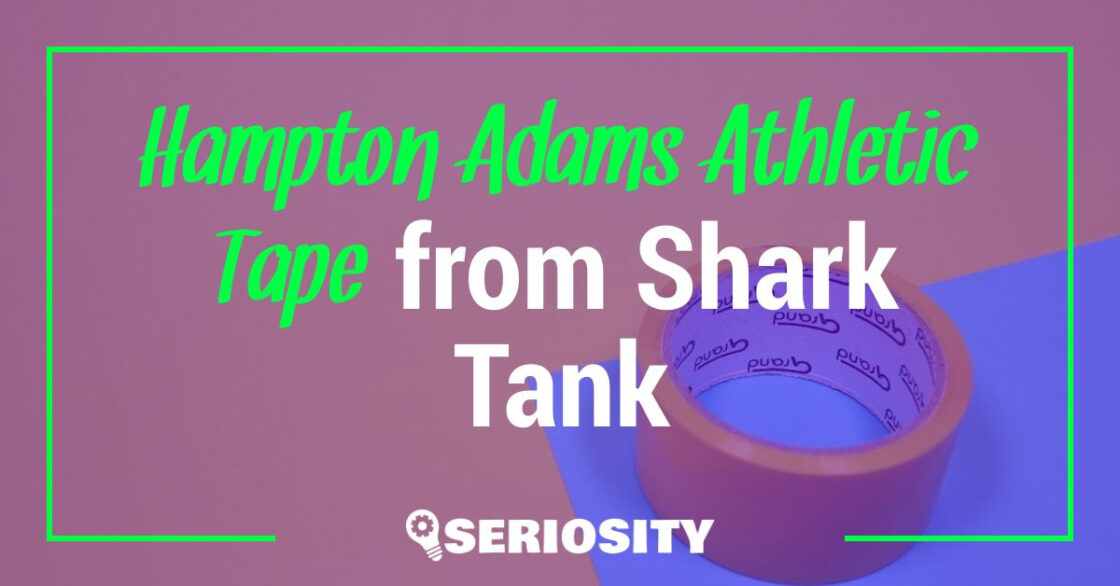Entrepreneurs and life partners Dino Don Lessem and Val Jones hoped to close a deal for their full-size animatronics dinosaurs business, Dino Don, on Shark Tank season 12. Dino Don is an expert who has recreated the extinct race using his knowledge and expertise. He was a science advisor of Steven Spielberg for Jurassic Park and has written many books on the topic for people of all ages. Additionally, he is one of the few people alive to have a dinosaur, Lessemsaurus, named after him.
Conversely, Val Jones is a financial mastermind who loves playing with numbers and preserving history. She has raised money for dozens of non-profit museums and zoos and continues to bring smiles to the faces of children and adults who love history and animals. The duo sought $500,000 for a 10% equity stake in their business.
Scroll down to know if they closed the deal with their favorite Shark, Mark Cuban, or not!
What Is Dino Don
Dino Don is an exhibition business that creates full-size animatronics dinosaurs of different classes. The owners took their products to zoos, museums, festivals, and other events and have become a go-to recreational venture for all kids-related activities. Their life-like replicas of extinct species excite individuals from all age brackets and have become a public attraction all over the country and beyond.
Husband and wife duo Dino Don Lessem and Val Jones pitched for their full-size animatronics dinosaurs, Dino Don. The duo introduced each other to the Sharks, and their impressive resume with names like Steven Spielberg on it brought the Sharks to the edge of their seats. Val claimed that the company made the most realistic and educational version of dinosaurs that reach 40 to 110 feet in height. They had a couple of their creation in the studio to show the quality of their designs.
When they sneakily demonstrated how the dinosaurs moved and made noise, the Sharks, especially Lori, were quite startled. Val shared that they started making their robot dinosaurs last year and have quickly become the leading supplier in the industry. Lessem revealed that because of the pandemic, zoos and museums, their prime source of income, have shut down, so now they wanted to adopt a gate-sharing approach to help them and their business get back to their feet.
Kevin asked if the dinosaurs they had were the average size of their robot dinosaurs, and Lessem revealed that he tries to make his dinosaurs as realistic and accurate as possible, so the size varies, but they can go up to 110 feet in height. He shared that the idea came to him when he saw Steven use props on the set of Jurassic Park. He asked Steven for those props to arrange a dinosaur exhibition and raised $3 million for research purposes. Lessem boosted that his event was the most attended exhibition in the history of natural science.
He then explained the model of his exhibition business and how just the presence of their robot dinosaurs at any event increases the attendance of that event exponentially. He revealed that at any event with 45 dinosaurs, they made $2.2 million as over 440,000 were willing to pay additional six dollars to see their robots. Despite the pandemic, the duo shared that they made $1.6 million last year and $1.8 million in the current year and were projecting $3 million in sales next year.
Lori inquired about their collection, and Lessem explained that they have 150 dinosaurs, making their collection the largest collection of dinosaurs in the United States. Their cost of production shocked the Sharks, and they congratulated him for such high margins, yet the profit didn’t sit well with Kevin.
Mark was curious about the economics of the tour, and Lessem revealed that each tour lasted for seven months and had nine venues. He further explained that they give each venue three weeks and need only twelve staff members to set the robots up. He then elaborated that since they owned the dinosaurs, they only needed technicians and limited staff to run the show.
Kevin asked about their profits, and Dino told him they had made $250,000 in the past two years. Kevin cut him off, saying that he would have to live longer than a dinosaur to see profits on his investment. Lessem hastened to explain that they would make $2 million in profits on $3 million, and both Kevin and Robert immediately disagreed with his claim.
Kevin pulled out of the deal, citing that he didn’t have confidence in Dino.
Daymond didn’t think he could add value to the business, so he was out.
Lori couldn’t see how their business worked in a real-life setting, so she was out.
Mark asked the couple if they had been in contact with any big promotional companies and tried their luck at concert venues, and they answered no. He announced that he could help Dino Don with marketing and get their robots to many events, but for that, he’ll have to put in a lot of effort, so he would need a bigger stake in their company.
Mark offered them $500,000 for 25% of their company, making Robert bow out of the deal. He called Mark’s offer super generous and revealed his offer didn’t stand a chance in front of it.
Lessem and Val accepted Mark’s deal and turned around to show they had “We love Mark Cuban” written on their backs.
After their appearance on Shark Tank season 12, the company has included ice age animals, birds, and even dragons in its collection and has expanded from 150 to 400 robots. They used the funds from the deal to change their business model and are now planning to use Numatic motion control for their robots. They are now making $4.2 million in sales and are constantly working on technical upgrades because of Mark.
Our Review of Dino Don
Lessem was right to push for a change in his business model as, essentially, that’s what increased their sales post-pandemic. Additionally, the Dino Don robots reflect Lessem’s knowledge and attention to detail. We think parents won’t mind paying a few extra dollars to make their kids smile and learn about new things, and with Mark on their team, Dino Don was set for smooth sailing for many more years to come.
Pros of Dino Don
- Educational
- Entertainment value
- Life-size robots
- Real looking and detailed
Cons of SNACTIV
- Not for personal use
- Not affordable for small events
Who Is Dino Don for?
Dino Don is for natural science enthusiasts and children interested in experiencing the Jurassic Park craze up close. If you are intrigued by the extinct species of the past, Dino Don can stroke your curiosity and help you have a good time with your friends and family with their full-size animatronics dinosaurs.
Are There Any Alternatives?
There are other companies creating life-size animals for exhibitions, but none have come close to matching Dino Don’s operation and the quality of robots. This is why Dino Don can undisputedly claim to be the world’s top dinosaur animatronics company.
Our Final Thoughts
With Lessem’s genius, Val’s business acumen, and Mark’s resources, Dino Don is on track to making its highest profits to date. They have not only changed their business model but expanded their collection to match the unbridled imagination of young minds.





